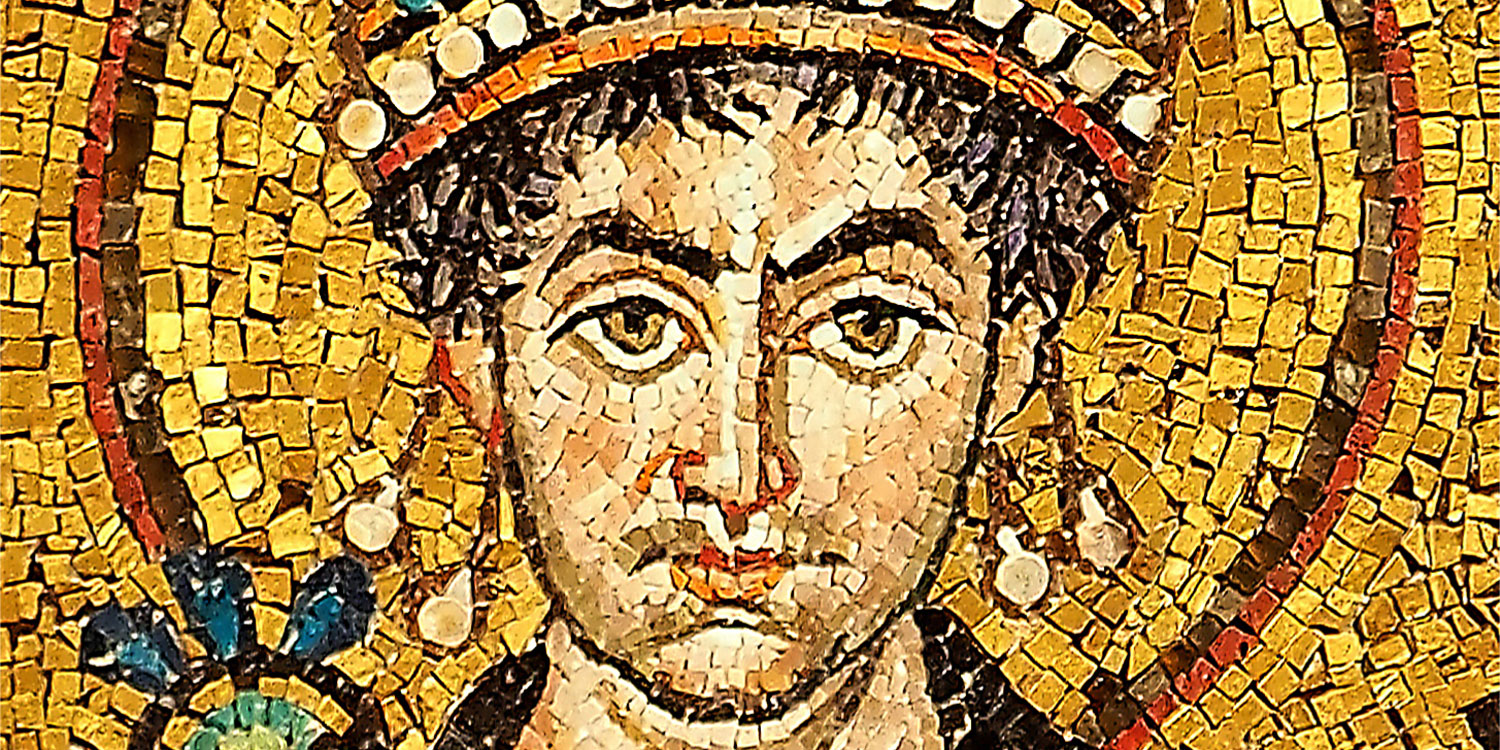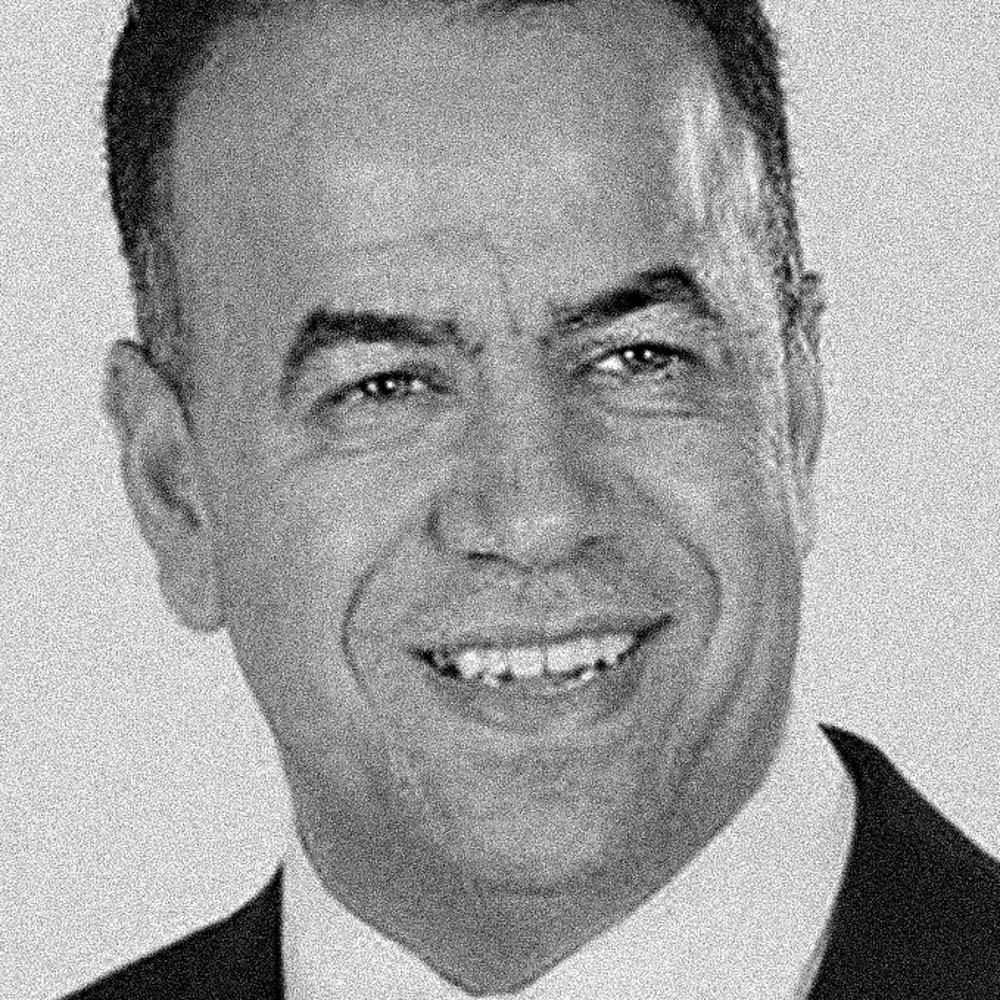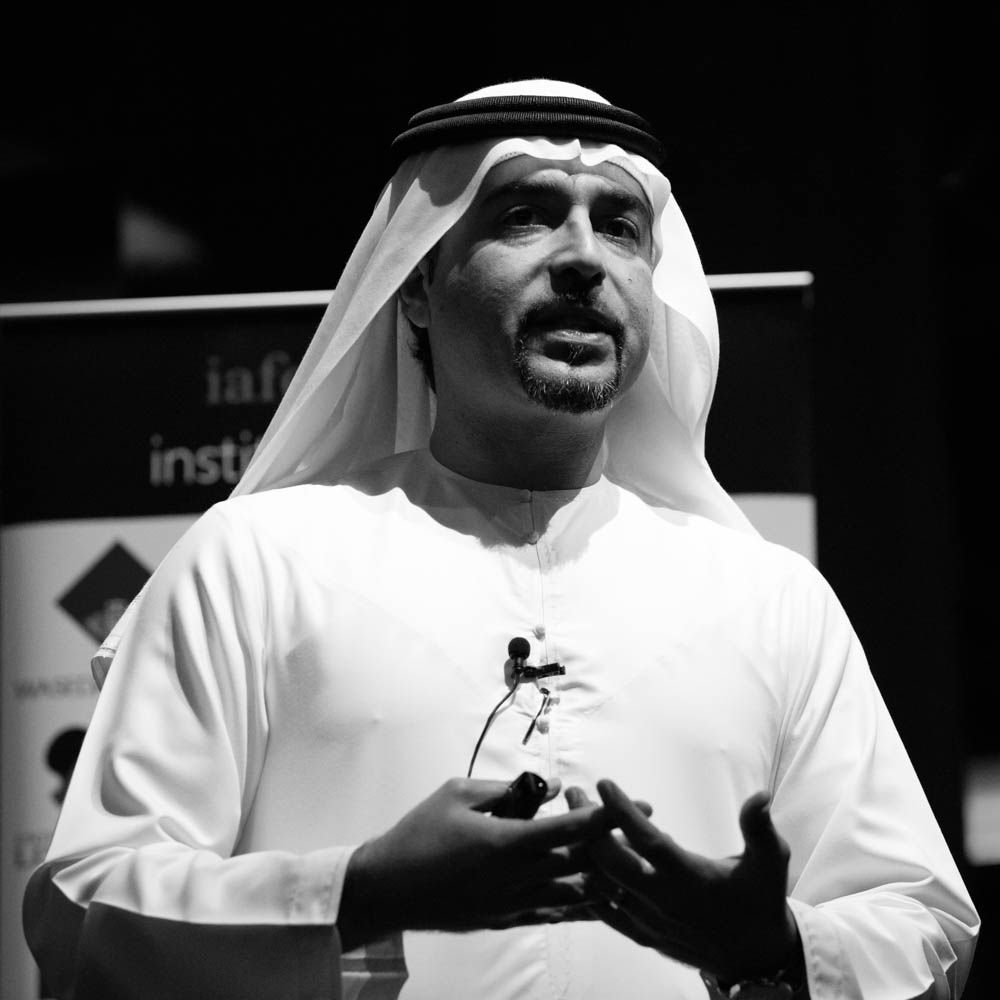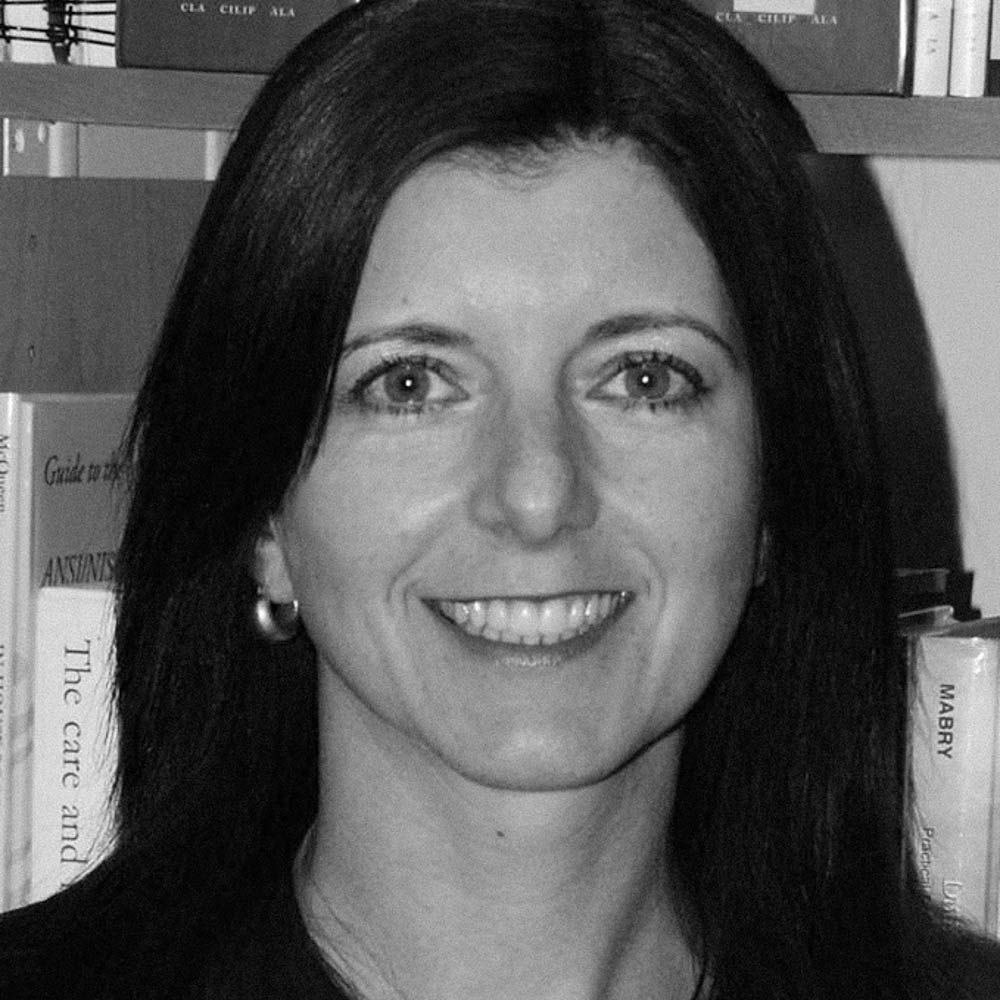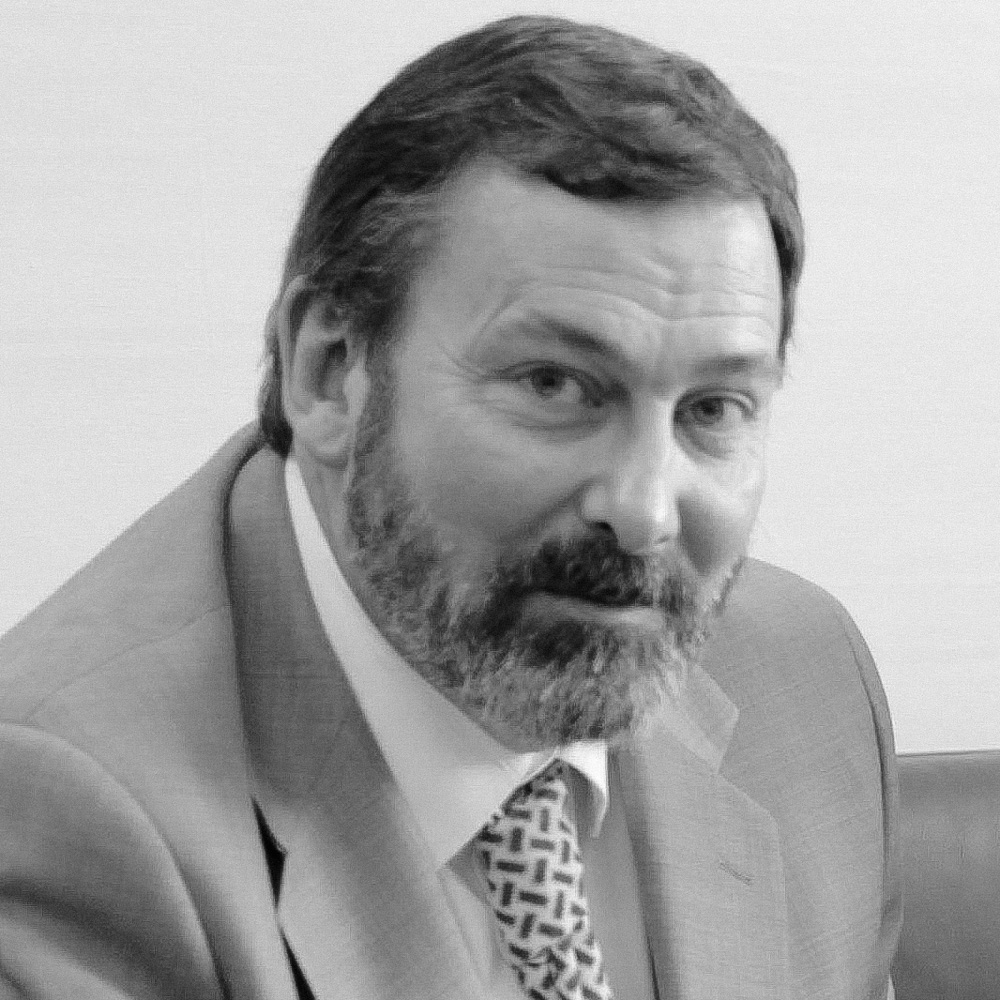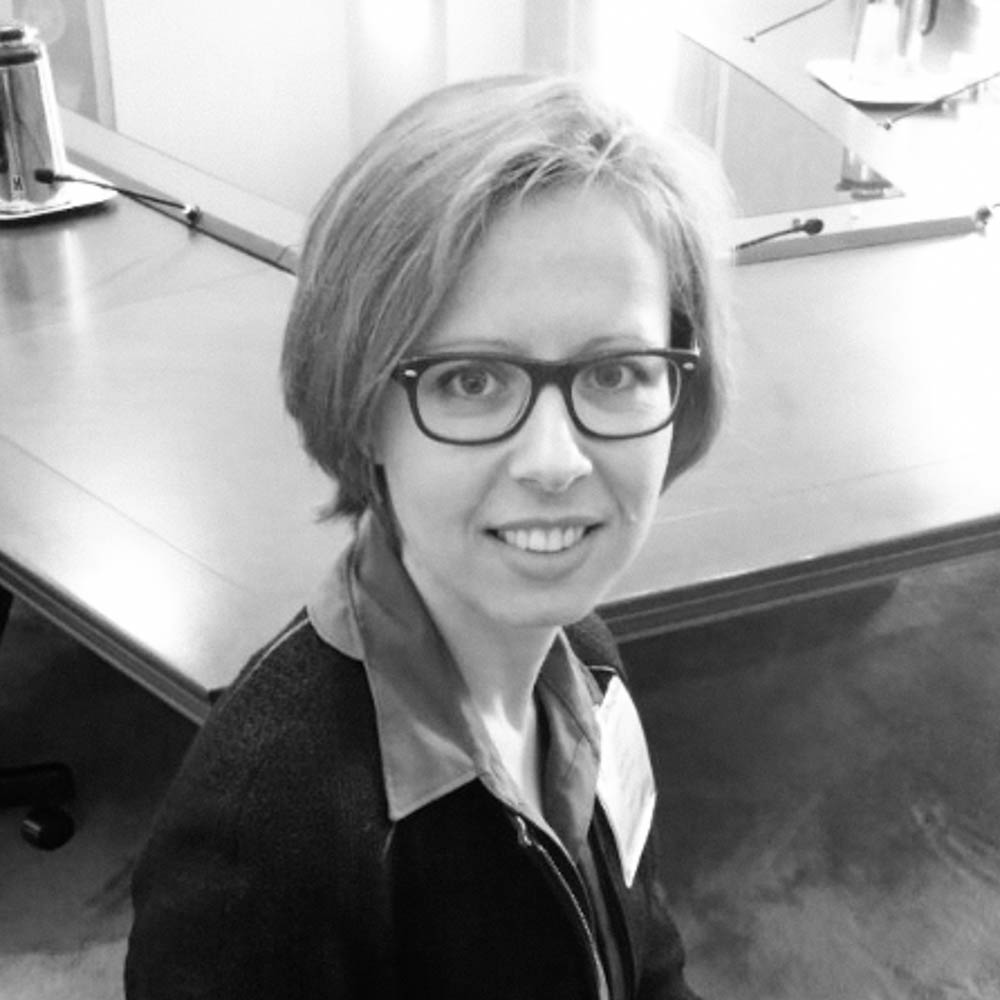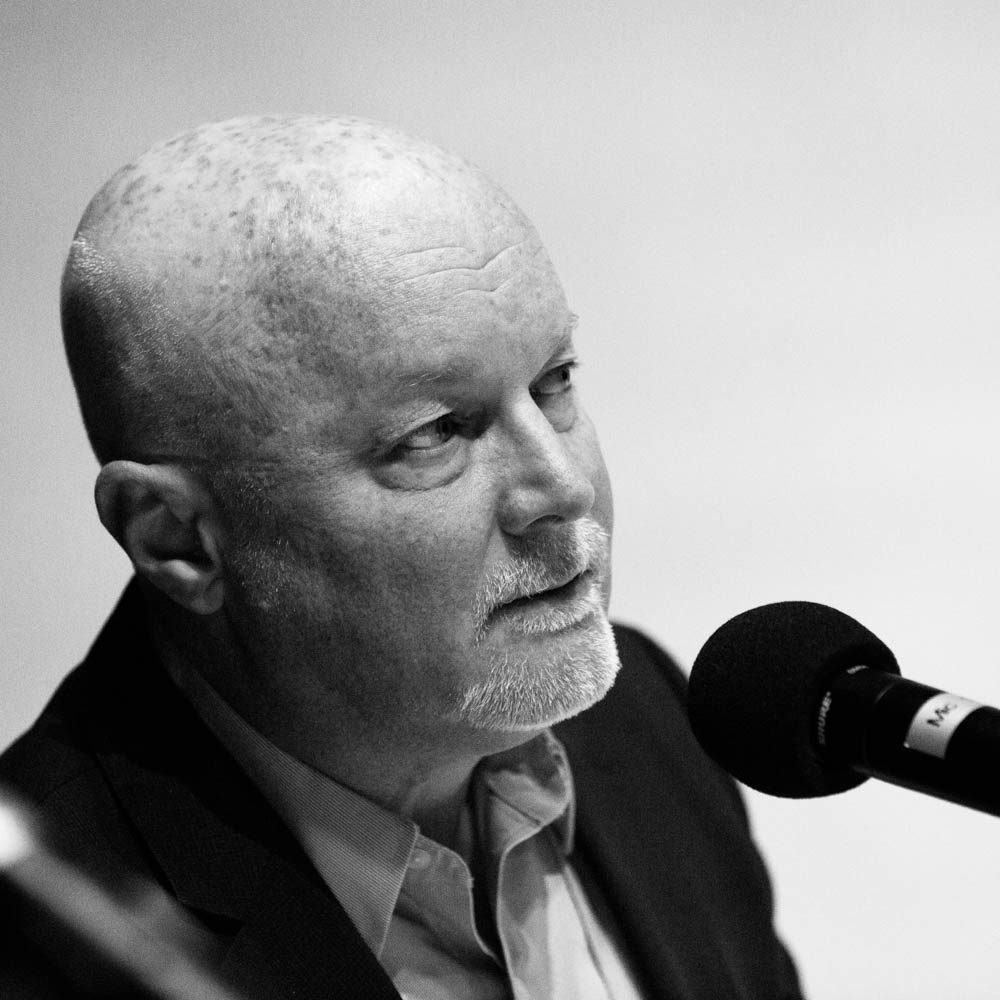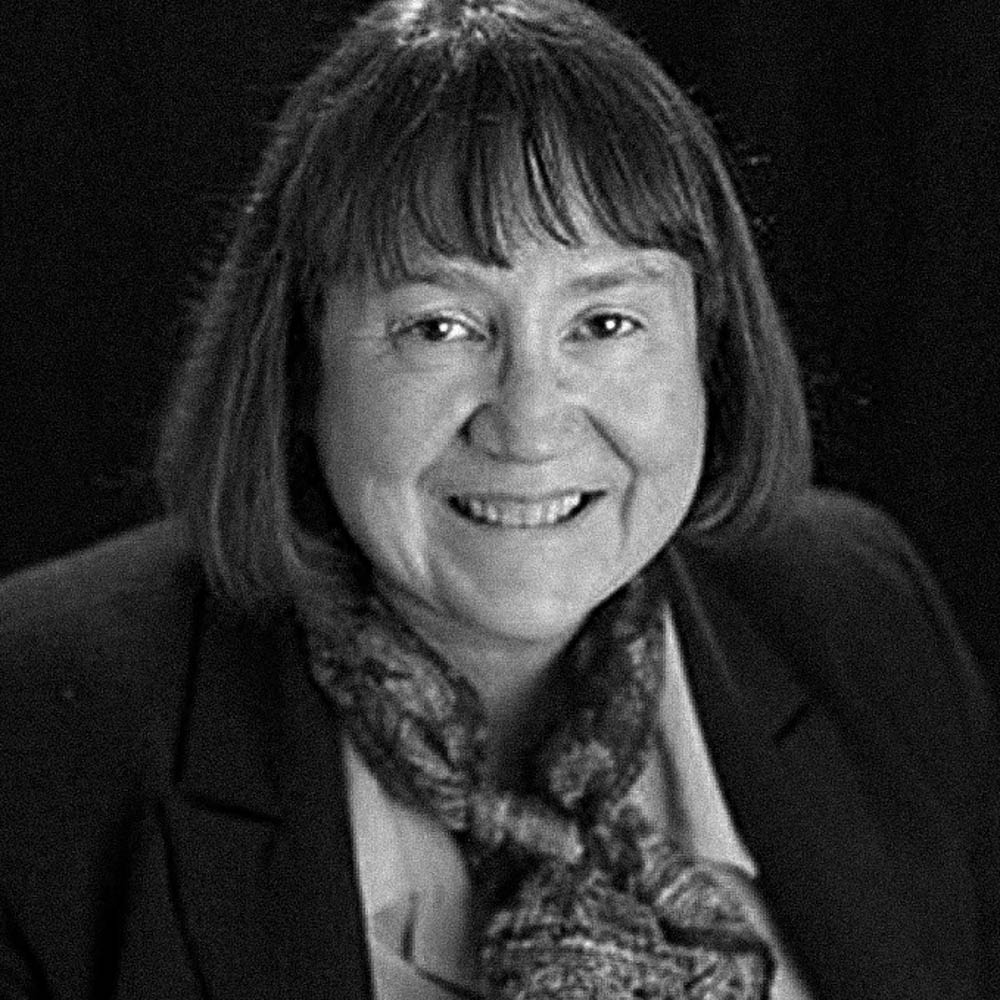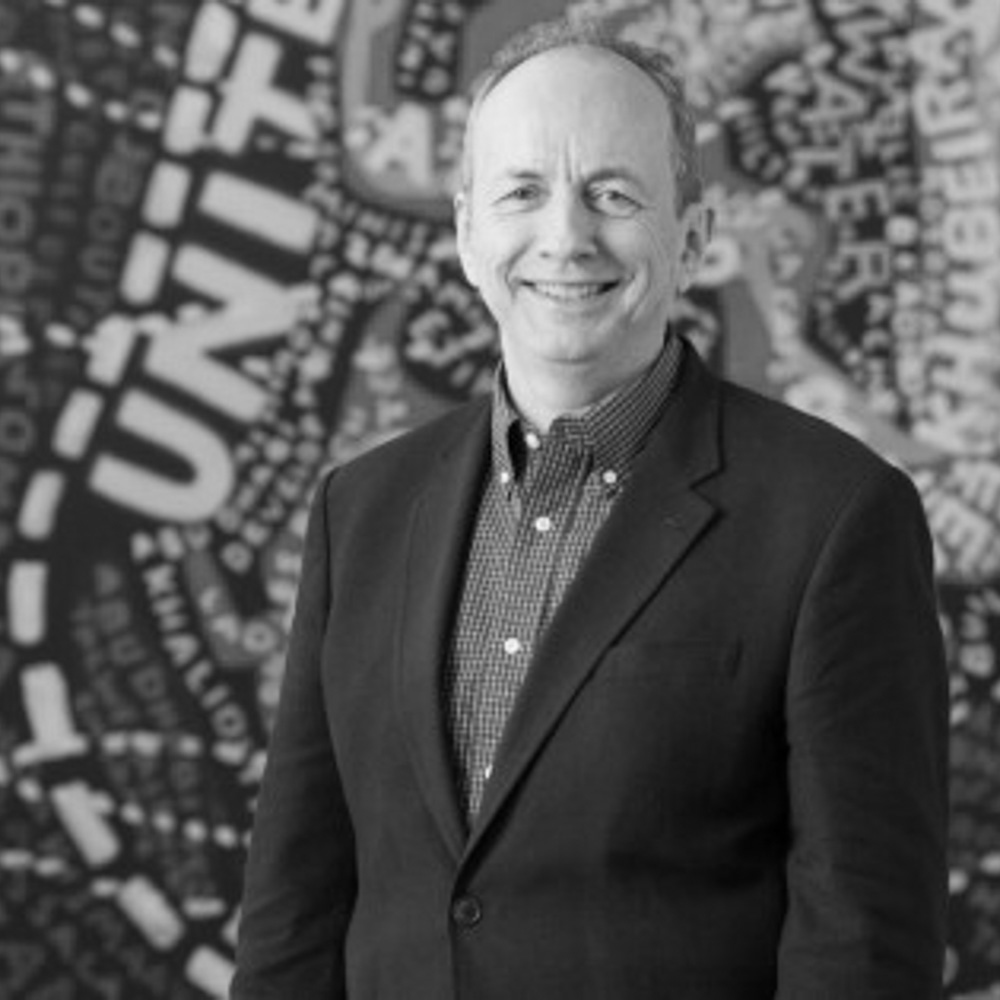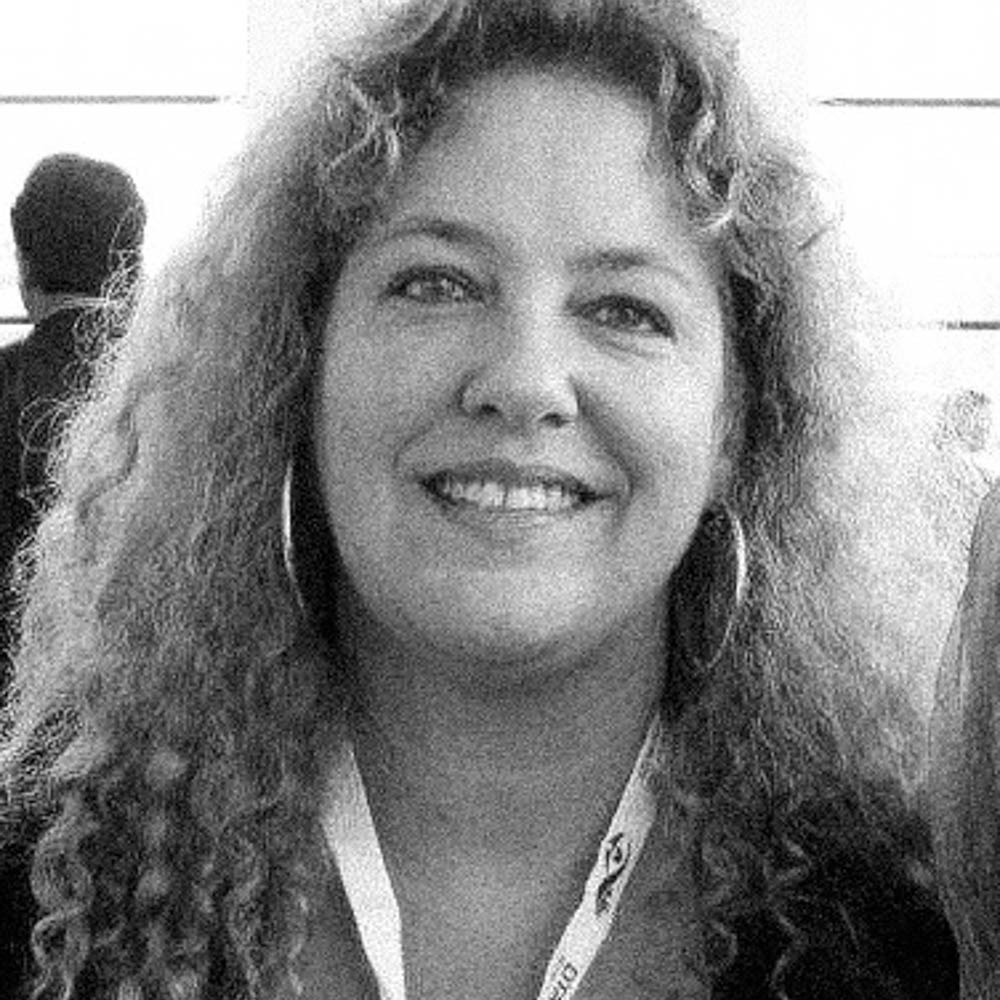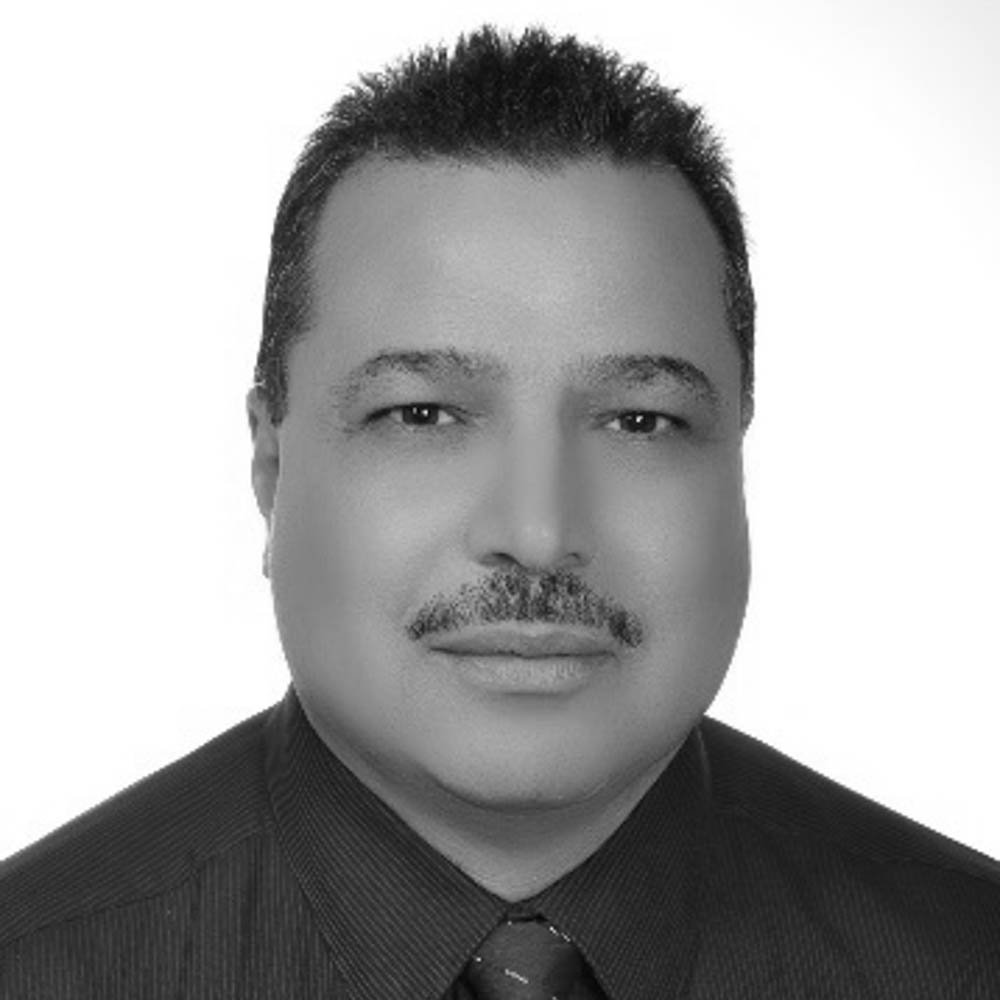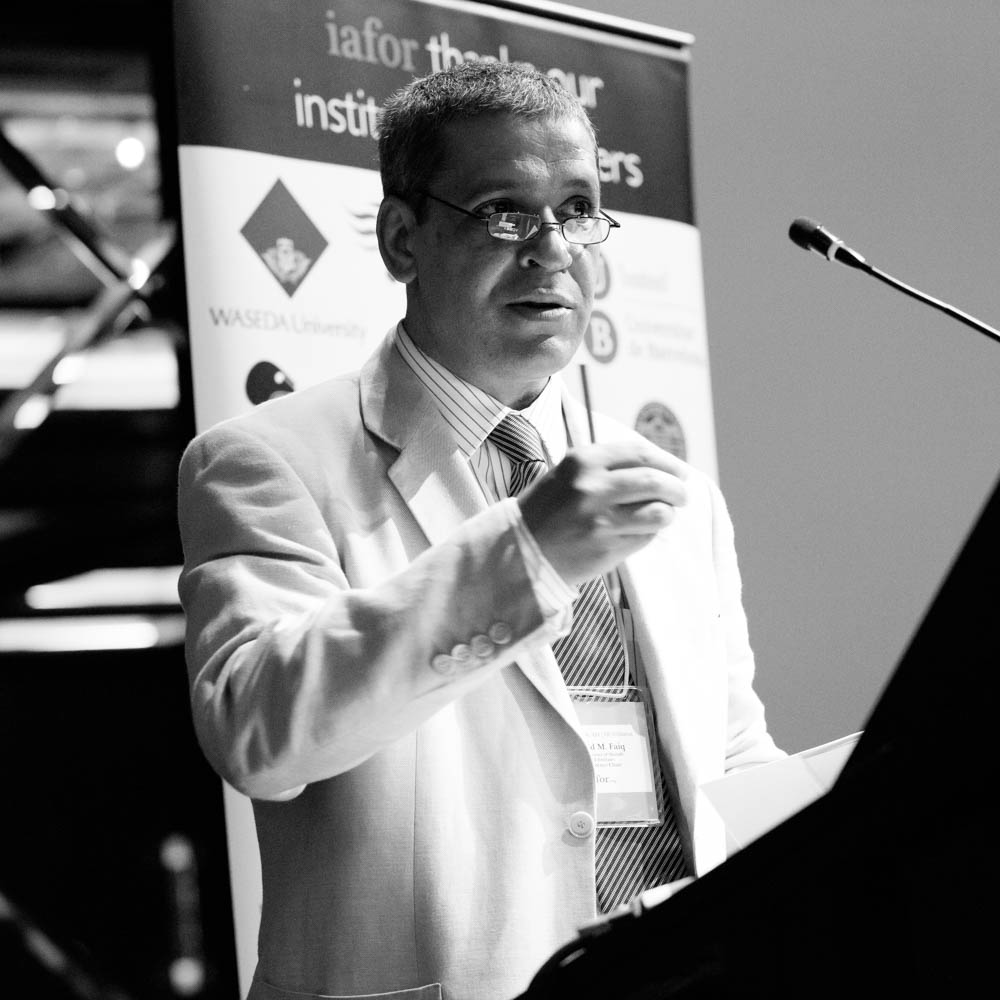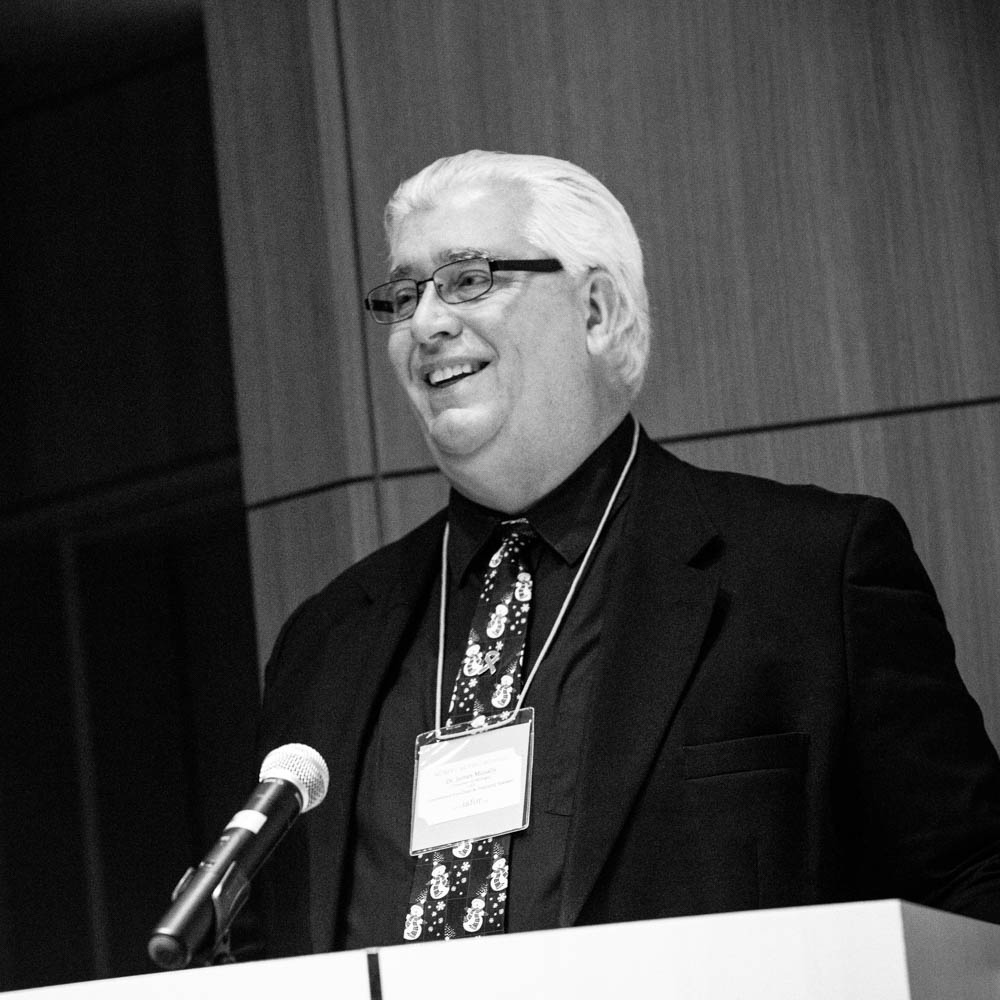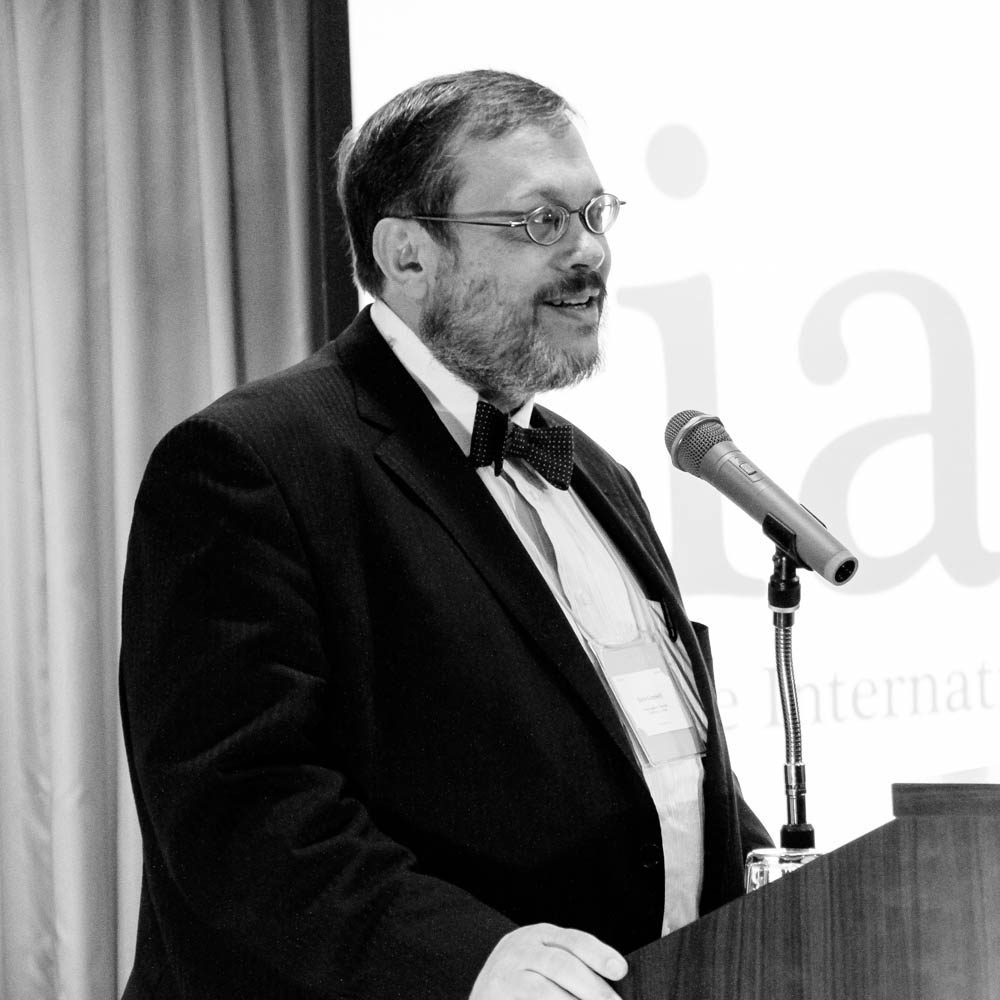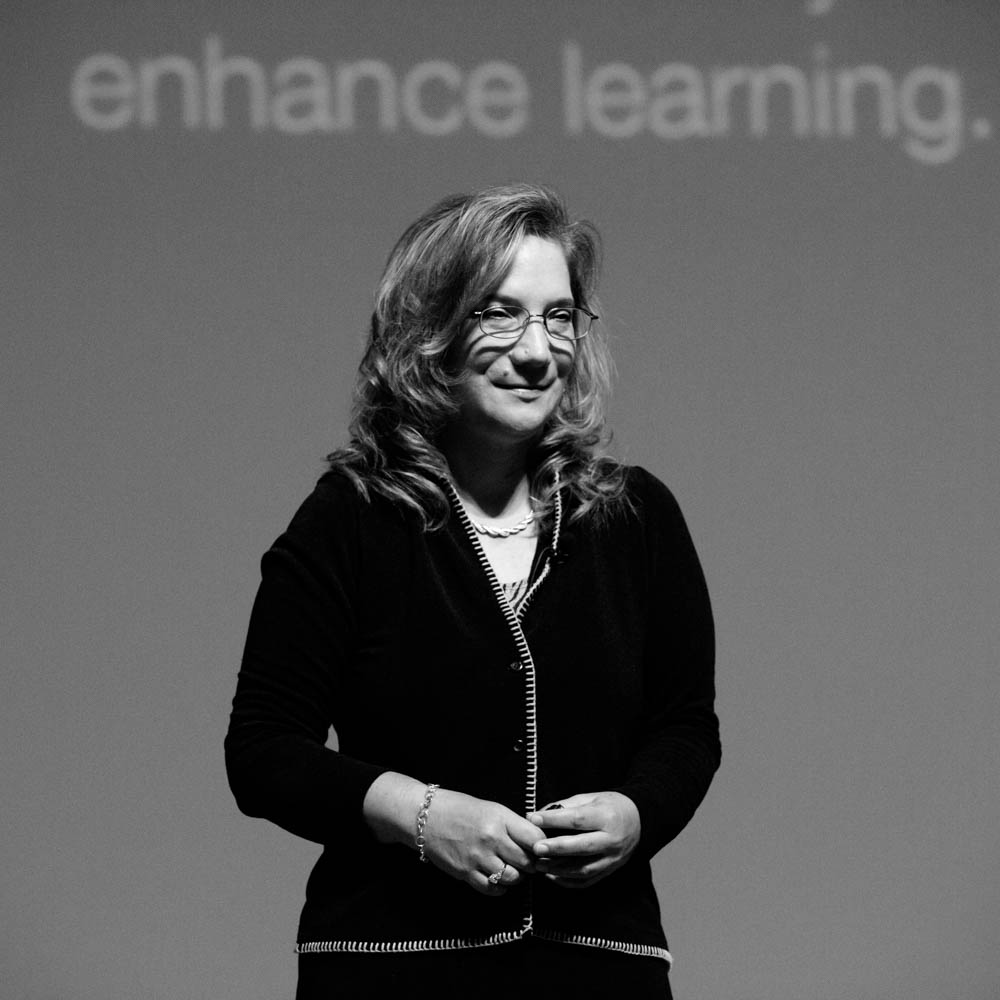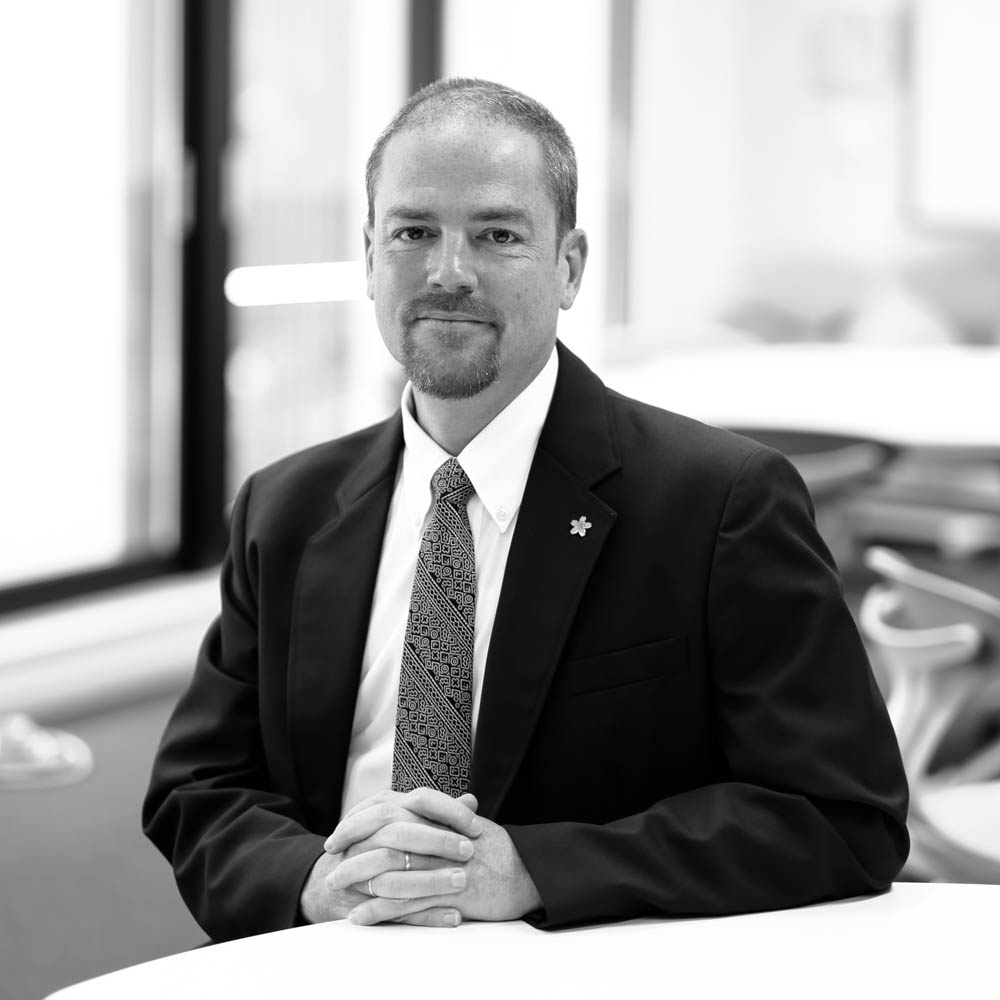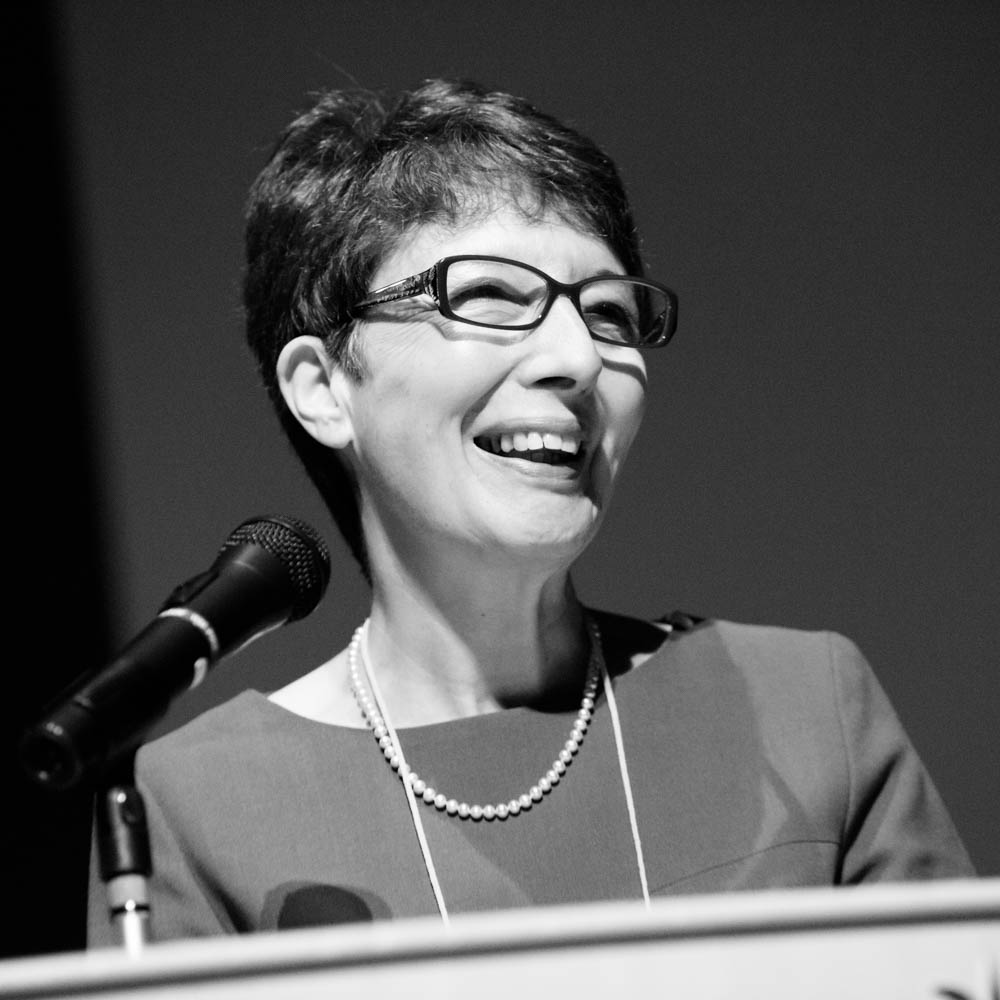- Conference Theme
- Conference Photographs
- Programme
- Speakers
- Organising Committee
- Conference Proceedings
- Abstracts
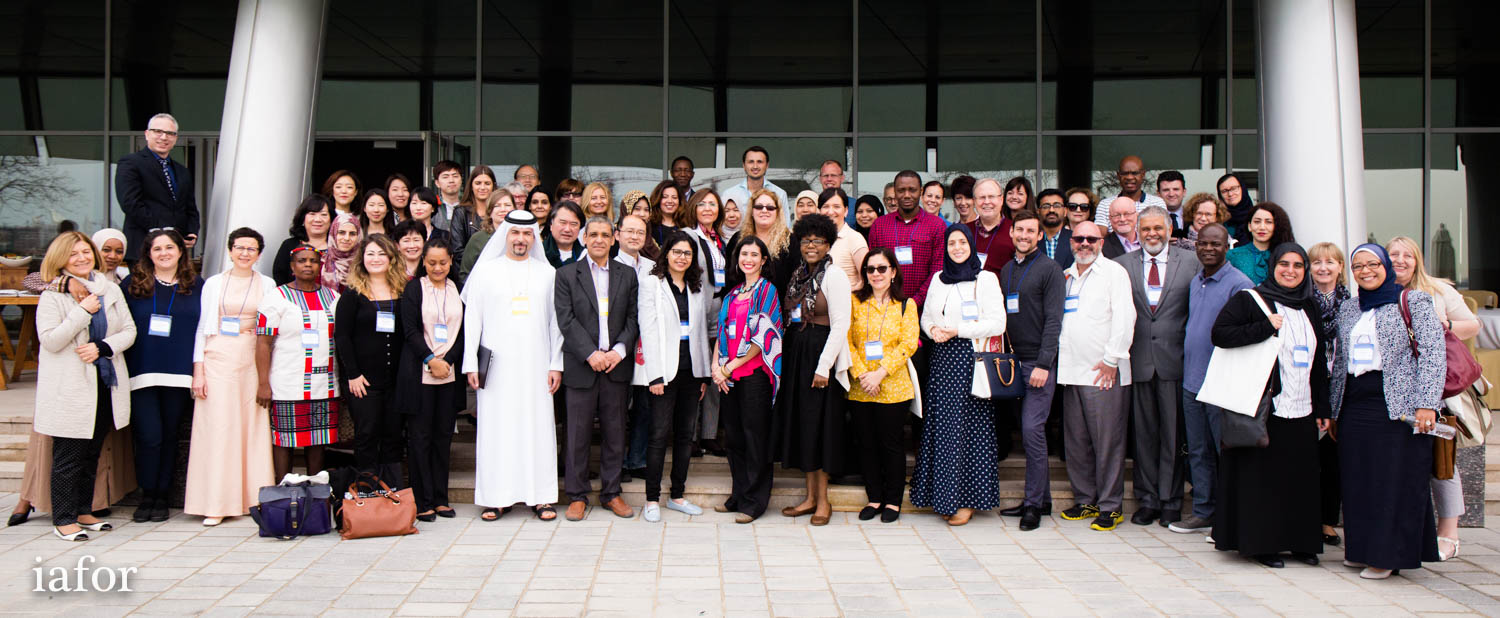
IAFOR Dubai Conference Series 2017. Photography by IAFOR Media. Image copyright © IAFOR 2017
Conference Theme: “Educating for Change”
February 26–28, 2017 | The InterContinental Festival City Event Centre, Dubai, UAE
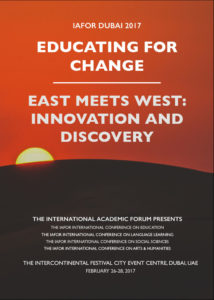 Whether we are looking at why we must change, how education has changed or even how education will change, change affects all of us involved in language education in many ways. Administrators, teacher trainers, teachers, students: we all wear many hats and we all come face-to-face with change, sometimes on a daily basis. Positive change is about improvement: improving proficiency, improving lives, helping learners achieve their goals and dreams and ultimately, broadening horizons.
Whether we are looking at why we must change, how education has changed or even how education will change, change affects all of us involved in language education in many ways. Administrators, teacher trainers, teachers, students: we all wear many hats and we all come face-to-face with change, sometimes on a daily basis. Positive change is about improvement: improving proficiency, improving lives, helping learners achieve their goals and dreams and ultimately, broadening horizons.
In our work as educators we are often asked to effect change – that we are change-makers can be seen in the new curriculums, new material, and even new techniques or methods that we develop. For those of us who conduct research, our research is often focused on finding “better” or more effective ways of teaching often measured in outcomes such as students entered with an average of X and improved to an average of Y. In such a case, improvement = change! But change is also an area of research, as can be seen by looking at journals such as the Journal of Educational Change, Changes in Higher Education, Culture and Change and Educational Research for Social Change, to mention four. It is a serious area of study, and one worth our attention.
The focus of the last journal mentioned above is worth looking at. Change is not only about test scores or proficiency going up. It is also about lasting change in one’s life, life choices, and looking beyond us as individuals to the society we live in. Social change and a focus on improving the societies we live in is another outcome of education. In recent years, there has been a focus on language and identity, as well as an embrace of sociocultural theory and language development.
At the same time change for the sake of change is not a good reason for change. There is often a tension between the status quo (which is not always bad) and the desire to change. As invested members of our field, we need to be able to examine change, identifying and applying that which is appropriate and will further our goals while also having the wisdom and gumption to reject change that does not make sense. As Dewey said, “reforms which rest simply upon the enactment of law, or the threatening of certain penalties, or upon changes in mechanical or outward arrangements are transitory and futile.”
And so we welcome you to this year’s conferences, where we can examine change in ways that are important to each of us. What are its challenges, its complexities and its constraints? It is electrifying to think about the wide-ranging conversations we will have as we consider how we can go about educating for change the world over.
IICLLDubai2017 Conference Photographs
Human interaction is at the root of all knowledge creation, and hence the great importance of the conference in introducing, testing and spreading ideas through challenging, rigorous and thought provoking discussion and debate. But beyond that, a conference is also a great chance to meet people from around the world, and to extend and grow ones’s professional network, and above all, to make friends.
It may be impossible to tell the story of the conference, or rather the many hundreds of interlocking stories that go to make up the conference, but the documentary photography in this slideshow aims to give a taster of the more serious academic side of the event, as well as the lighter side…
[envira-album slug="iiclldubai2017-conference-photographs"]Programme
-
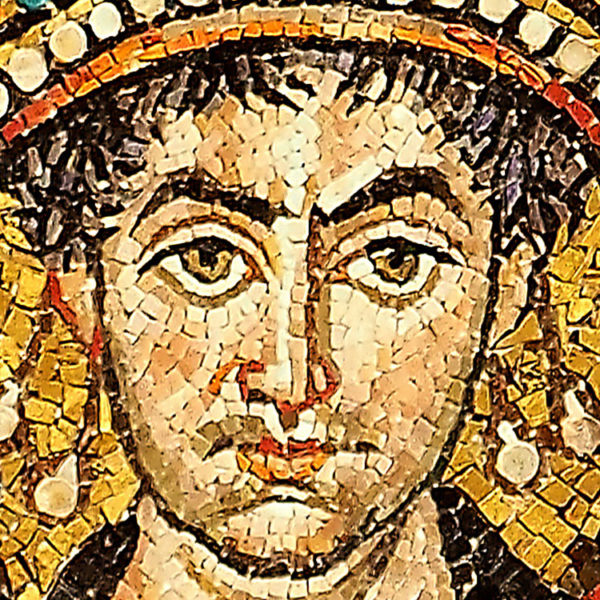 By Natural Law the Earth Is Held in CommonKeynote Presentation: Professor Robert JC Young
By Natural Law the Earth Is Held in CommonKeynote Presentation: Professor Robert JC Young -
 Interdisciplinary Education for Innovation and ChangeKeynote Presentation: Professor Donald E. Hall
Interdisciplinary Education for Innovation and ChangeKeynote Presentation: Professor Donald E. Hall -
 Reading: A 21st Century Skill in Higher EducationKeynote Presentation: Dr Melanie Gobert
Reading: A 21st Century Skill in Higher EducationKeynote Presentation: Dr Melanie Gobert -
 Education: A Supertanker in an Ocean of Change and InnovationKeynote Presentation: Dr Christina Gitsaki
Education: A Supertanker in an Ocean of Change and InnovationKeynote Presentation: Dr Christina Gitsaki -
 The Challenges of Doing Research and Creative Activity in the Humanities and Cultural Studies TodayFeatured Panel Presentation: Professor Donald E. Hall, Professor Said M. Faiq & Dr Joseph Haldane
The Challenges of Doing Research and Creative Activity in the Humanities and Cultural Studies TodayFeatured Panel Presentation: Professor Donald E. Hall, Professor Said M. Faiq & Dr Joseph Haldane -
 EDUCATE to INNOVATEFeatured Presentation: Dr Fadi Aloul
EDUCATE to INNOVATEFeatured Presentation: Dr Fadi Aloul -
 How the Most Productive TESOLers “Fit It All In”Featured Presentation: Dr Phil Quirke & Dr Christine Coombe
How the Most Productive TESOLers “Fit It All In”Featured Presentation: Dr Phil Quirke & Dr Christine Coombe -
 Managing for Innovation and Sustainability: Lessons from the Gulf RegionFeatured Presentation: Dr Virginia Bodolica
Managing for Innovation and Sustainability: Lessons from the Gulf RegionFeatured Presentation: Dr Virginia Bodolica -
 Effective Mentoring in an Educational ContextFeatured Presentation: Mr Mohammed Azaza
Effective Mentoring in an Educational ContextFeatured Presentation: Mr Mohammed Azaza -
 Leadership Skills and Styles for Successful AdministratorsFeatured Presentation: Dr Sufian Abu-Rmaileh
Leadership Skills and Styles for Successful AdministratorsFeatured Presentation: Dr Sufian Abu-Rmaileh
Speakers
-
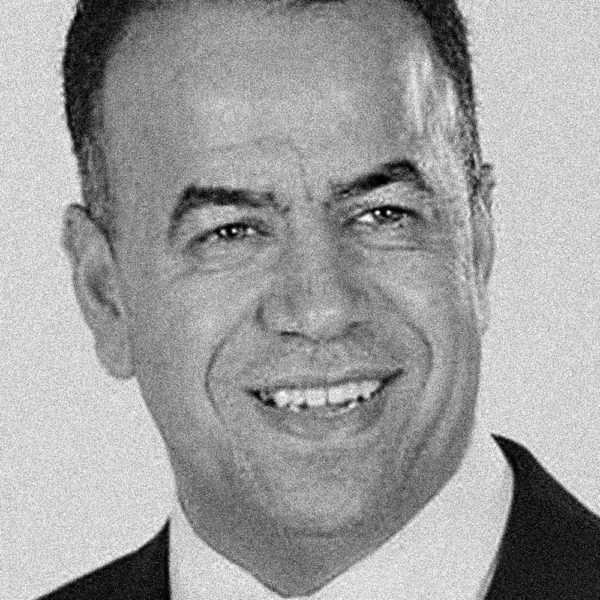 Mr Mohammed AzazaADNOC Technical Institute, UAE
Mr Mohammed AzazaADNOC Technical Institute, UAE -
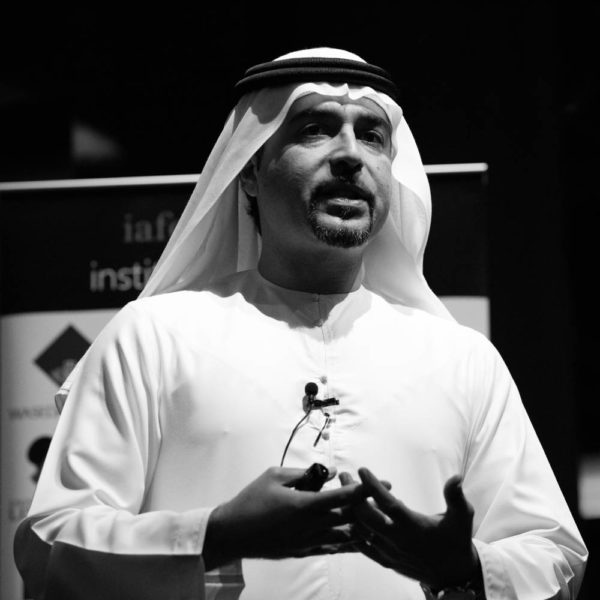 Dr Fadi AloulAmerican University of Sharjah, UAE
Dr Fadi AloulAmerican University of Sharjah, UAE -
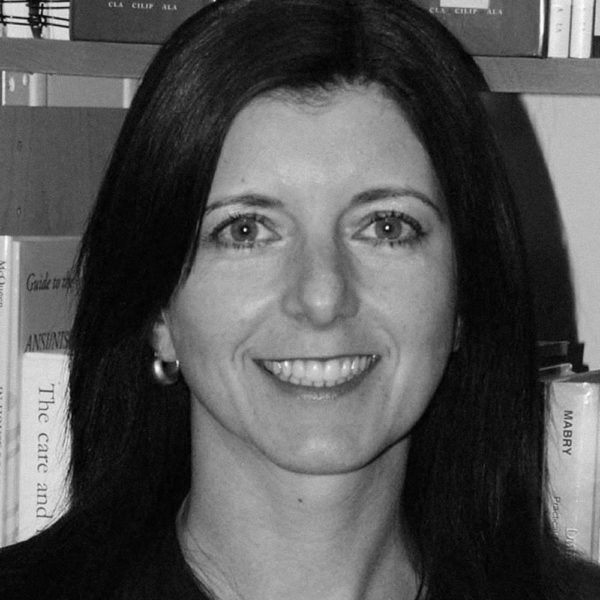 Dr Christina GitsakiZayed University, UAE
Dr Christina GitsakiZayed University, UAE -
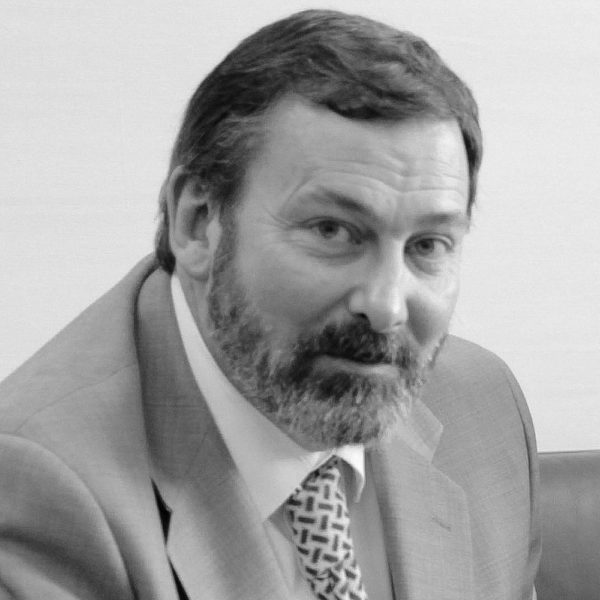 Dr Phil QuirkeHigher Colleges of Technology, UAE
Dr Phil QuirkeHigher Colleges of Technology, UAE -
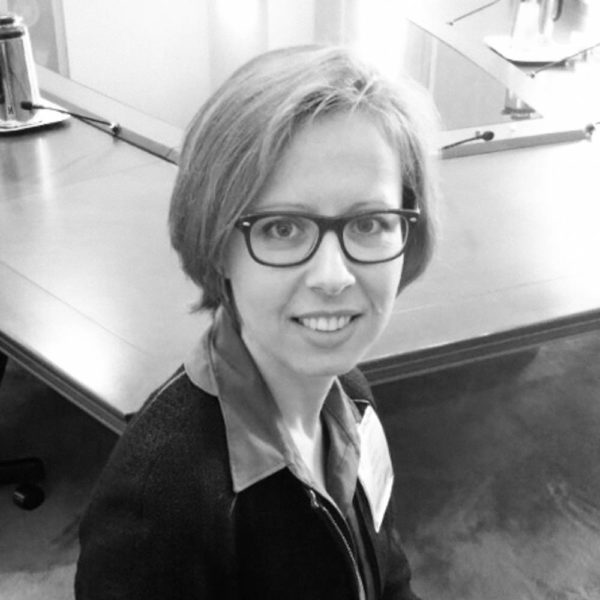 Dr Virginia BodolicaAmerican University of Sharjah, UAE
Dr Virginia BodolicaAmerican University of Sharjah, UAE -
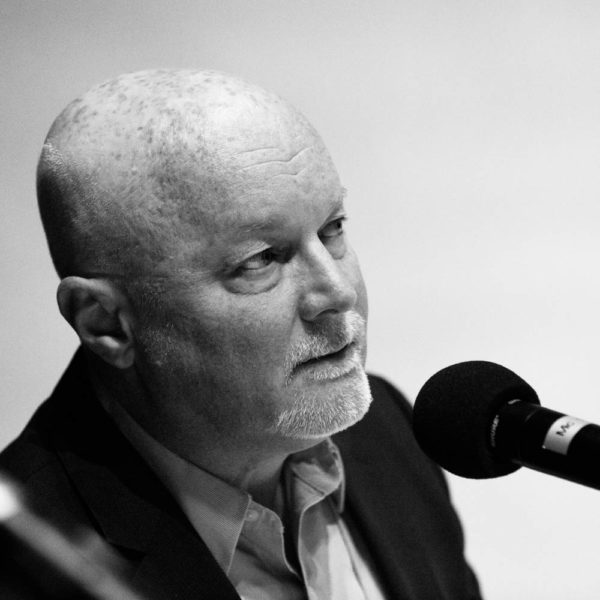 Professor Donald E. HallLehigh University, USA
Professor Donald E. HallLehigh University, USA -
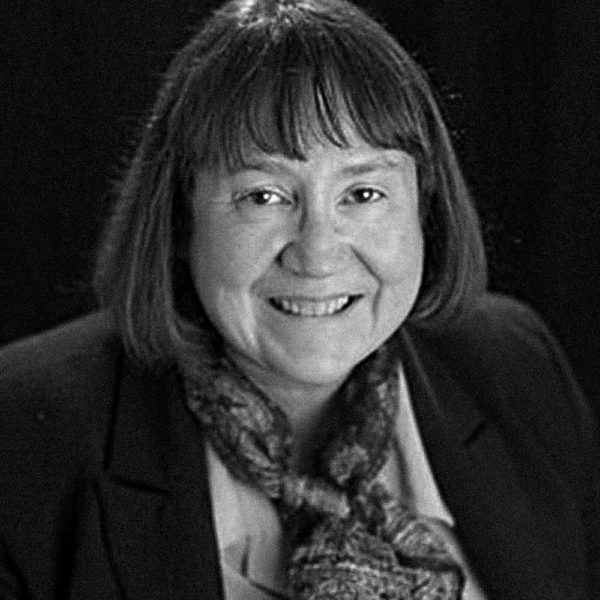 Dr Melanie GobertAbu Dhabi Men’s College, UAE
Dr Melanie GobertAbu Dhabi Men’s College, UAE -
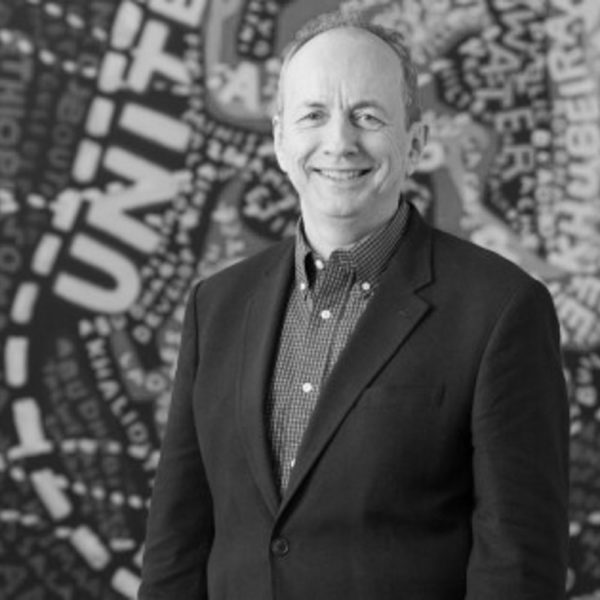 Professor Robert J. C. YoungNew York University, USA & New York University Abu Dhabi, UAE
Professor Robert J. C. YoungNew York University, USA & New York University Abu Dhabi, UAE -
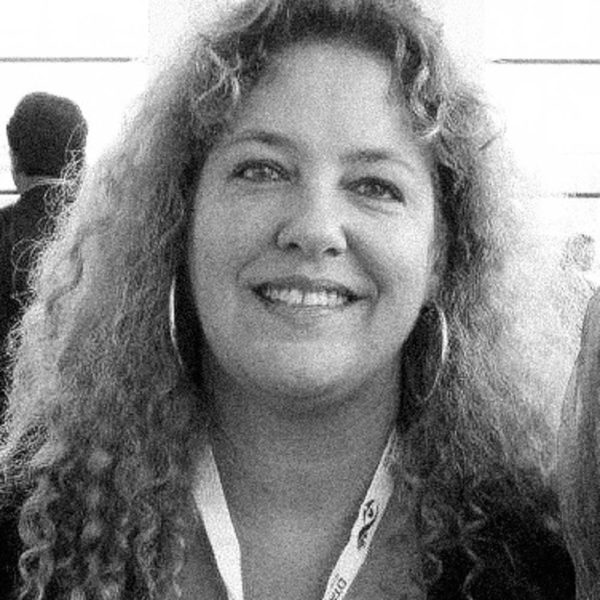 Dr Christine CoombeDubai Men's College, UAE
Dr Christine CoombeDubai Men's College, UAE -
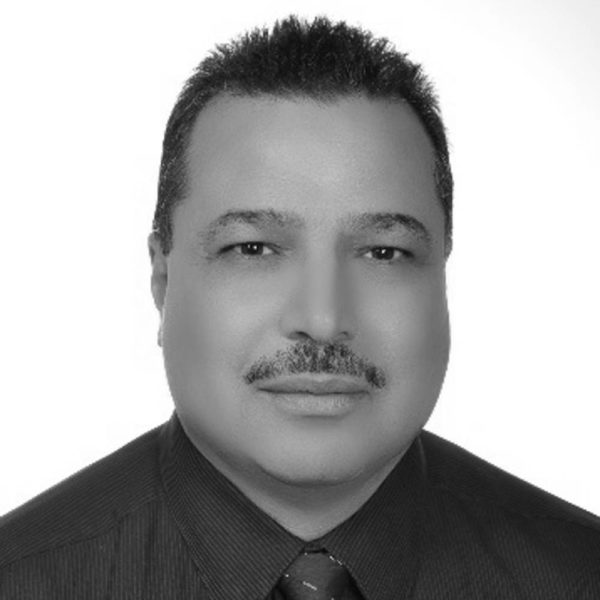 Dr Sufian Abu-RmailehUAE University, UAE
Dr Sufian Abu-RmailehUAE University, UAE
Organising Committee
The Conference Programme Committee is composed of distinguished academics who are experts in their fields. Conference Programme Committee members may also be members of IAFOR's International Academic Board. The Organising Committee is responsible for nominating and vetting Keynote and Featured Speakers; developing the conference programme, including special workshops, panels, targeted sessions, and so forth; event outreach and promotion; recommending and attracting future Conference Programme Committee members; working with IAFOR to select PhD students and early career academics for IAFOR-funded grants and scholarships; and overseeing the reviewing of abstracts submitted to the conference.
-
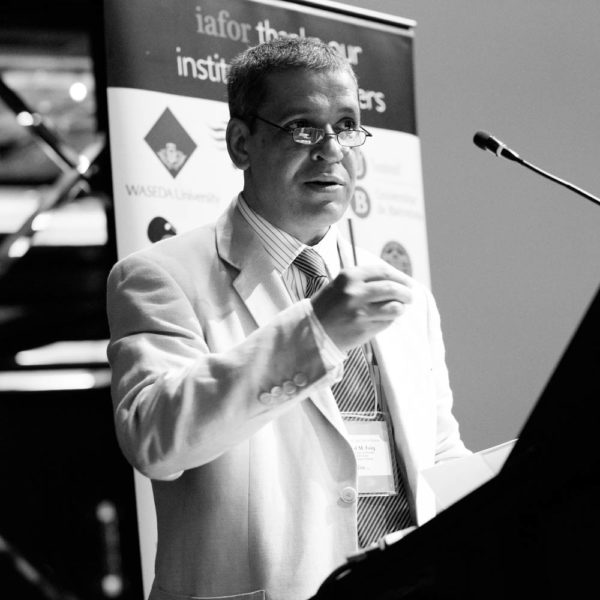 Professor Said M. FaiqAmerican University of Sharjah, UAE
Professor Said M. FaiqAmerican University of Sharjah, UAE -
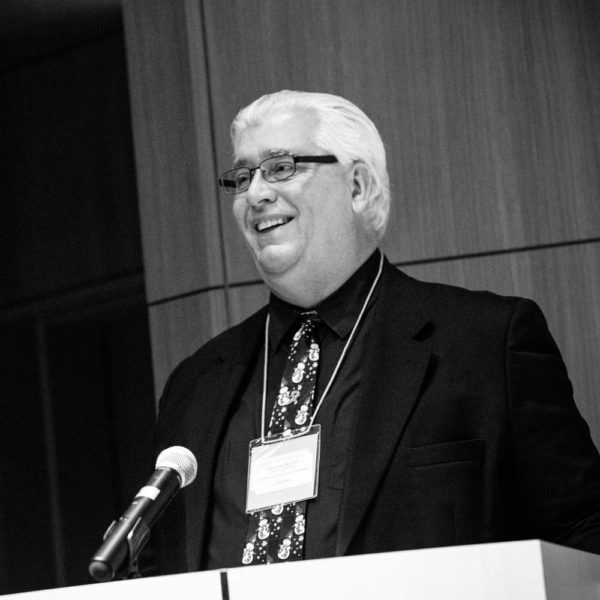 Dr James W. McNallyUniversity of Michigan, USA & NACDA Program on Aging
Dr James W. McNallyUniversity of Michigan, USA & NACDA Program on Aging -
 Dr Joseph HaldaneThe International Academic Forum (IAFOR), Japan
Dr Joseph HaldaneThe International Academic Forum (IAFOR), Japan -
 Dr Christine CoombeDubai Men's College, UAE
Dr Christine CoombeDubai Men's College, UAE -
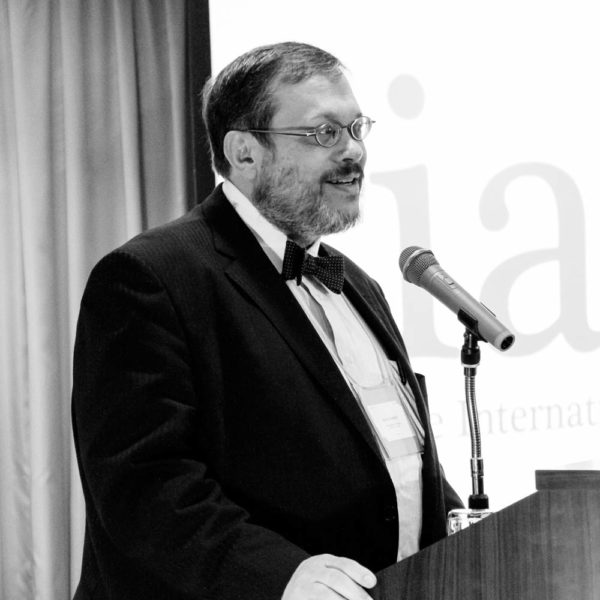 Professor Steve CornwellThe International Academic Forum (IAFOR) & Osaka Jogakuin University, Japan
Professor Steve CornwellThe International Academic Forum (IAFOR) & Osaka Jogakuin University, Japan -
 Dr Sufian Abu-RmailehUAE University, UAE
Dr Sufian Abu-RmailehUAE University, UAE -
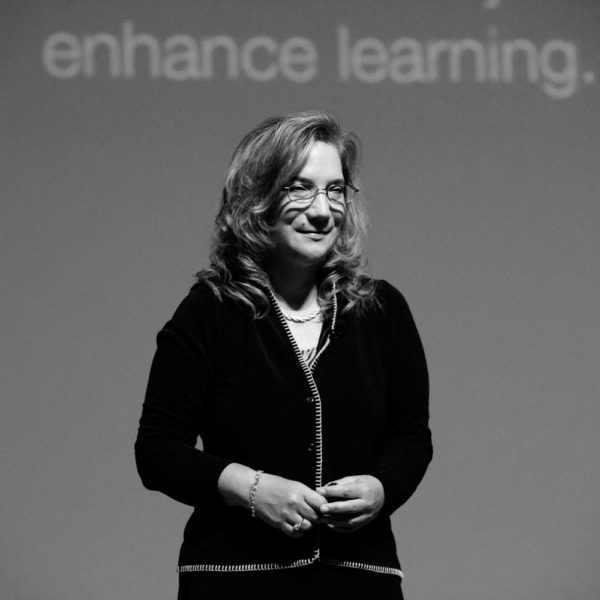 Professor Barbara LockeeVirginia Tech., USA
Professor Barbara LockeeVirginia Tech., USA -
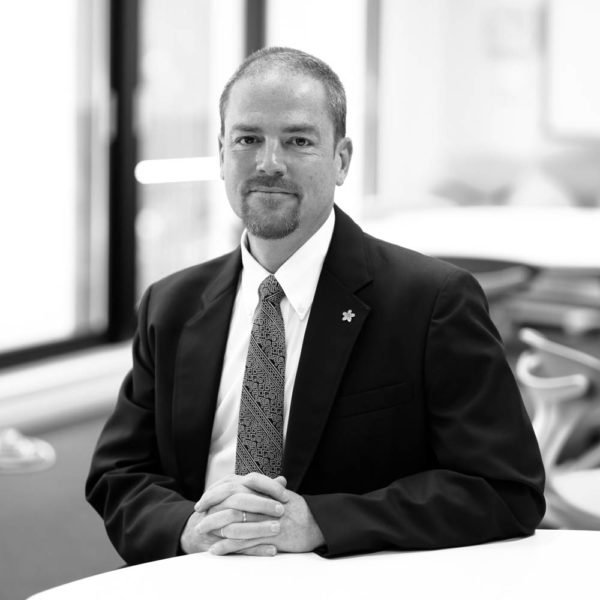 Professor Ted O’NeillGakushuin University, Japan
Professor Ted O’NeillGakushuin University, Japan -
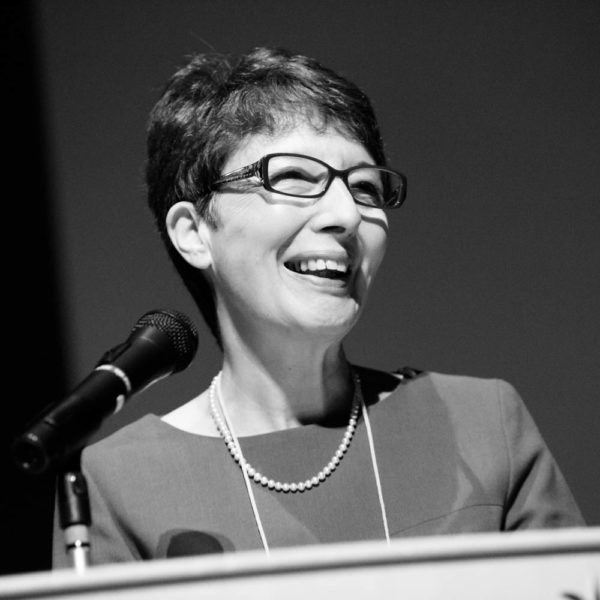 Professor Sue JacksonBirkbeck, University of London, UK
Professor Sue JacksonBirkbeck, University of London, UK

